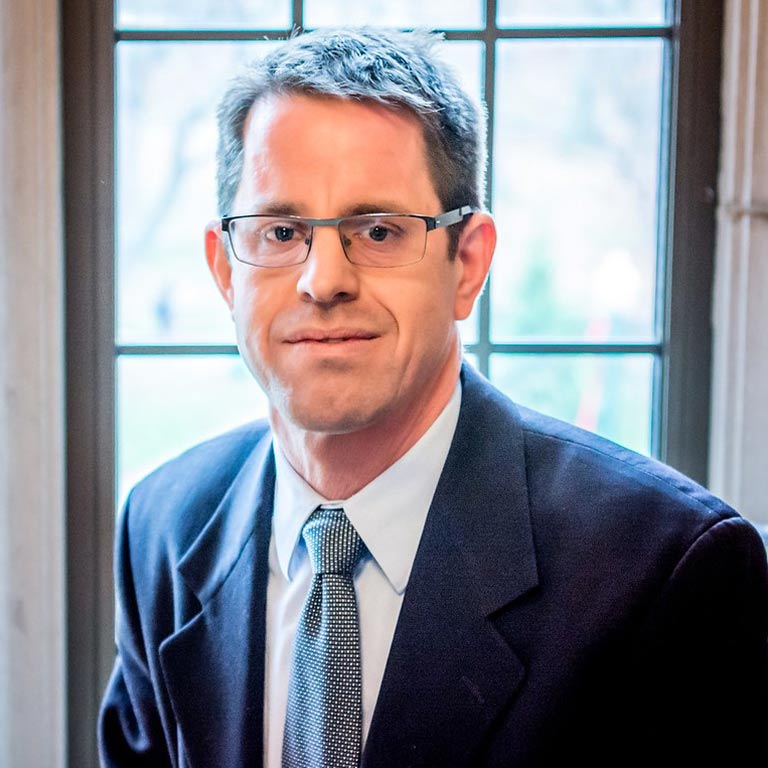Dr. Timothy Hellwig and Dr. Gustavo Torrens’ new course Capitalism and Democracy examines how economics and politics intersect. This course takes a critical approach to both capitalism and democracy. An interview with Dr. Timothy Hellwig, a professor in the Department of Political Science, is below.

Why did you choose to teach a class on capitalism and democracy?
Hellwig: One of the motivations for “Democracy” Themester was to think about how questions about democracy – how it works or doesn’t, the settings in which it plays out, and so on – require answers from a range of perspectives. That’s the great thing about Themester: it brings all the diversity of the College to consider a single topic. To me, political decisions and economic outcomes are closely related, and in today’s world understanding these connections requires us to make connections between economics (the capitalist system) and politics (the democratic system).
Why is it important for students to take this course? What knowledge or skills do you hope they gain?
Hellwig: It has been said that the two primary problem-solving sectors in modern society are the economic and the political. I believe that understanding how these sectors work, separately and jointly, are essential to a liberal arts education and to be an informed citizen.
When things turn south on the economic front, as they likely will, then the political regime – democratic or otherwise – becomes fragile.
What type of students would you encourage to take this course?
Hellwig: The course should benefit a wide range of students. In particular, first- and second-year students making decisions about majors in one of the social sciences would benefit by checking out this course as a possible launching point into the major in economics or political science. Also, students who need to fill a distribution requirement in S&H should consider this class – it is a “two-fer” because it covers issues germane to political science and economics! And anyone concerned about the fragility of democracy or injustices of capitalist exchange should consider taking the class to become better informed.
Are there any assignments that you are particularly excited about?
Hellwig: I’m excited about assignments that ask students to identify and take positions on the (in)compatibilities between capitalism and democracy.
The pandemic has given rise to the question of which is more important: Saving the national economy or saving lives?
Why is capitalism so important to the United States in particular?
Hellwig: I suppose capitalism is a part of the national fabric in the United States. This has to do, in part, with the country’s founding as a reaction against the monarchy and the aristocracy. Capitalism and the market in this way is consistent with notions of the rugged individual on the frontier. Then I think steadfast support for capitalism was augured during the Cold War in the 20th century as the United States championed capitalism over the Soviet Union’s communist alternative.
How has the recent pandemic changed how you thought of the class. Will you address the pandemic in the course?
Hellwig: The pandemic has changed so much. It most certainly will be addressed in the class. The pandemic has given rise to the question of which is more important: Saving the national economy or saving lives? Should this choice – if it really IS a choice – be decided by majority rule? Who’s to decide? Should we use democratic principles to do so? We will grapple with this question in the course.



 The College of Arts
The College of Arts